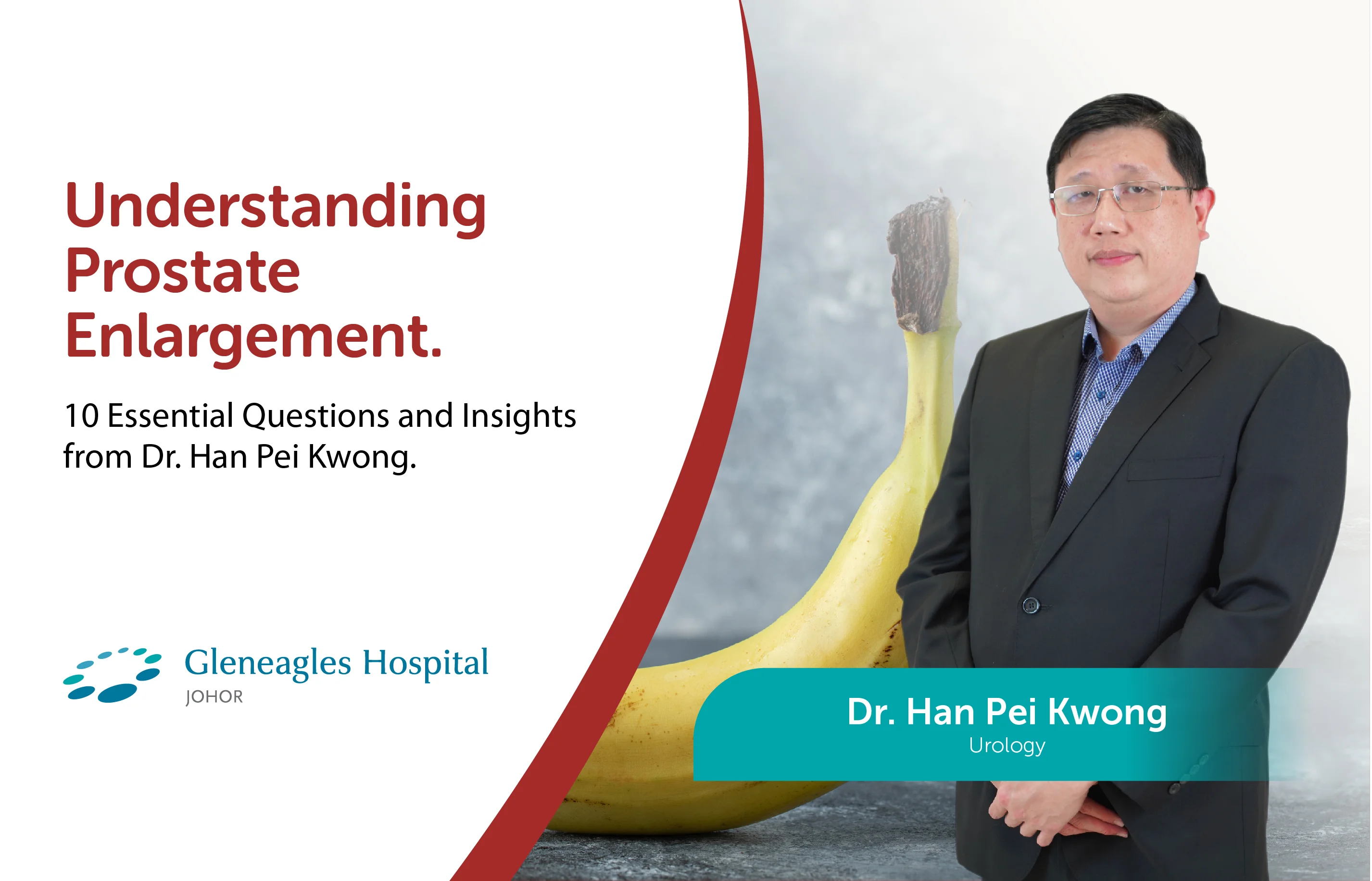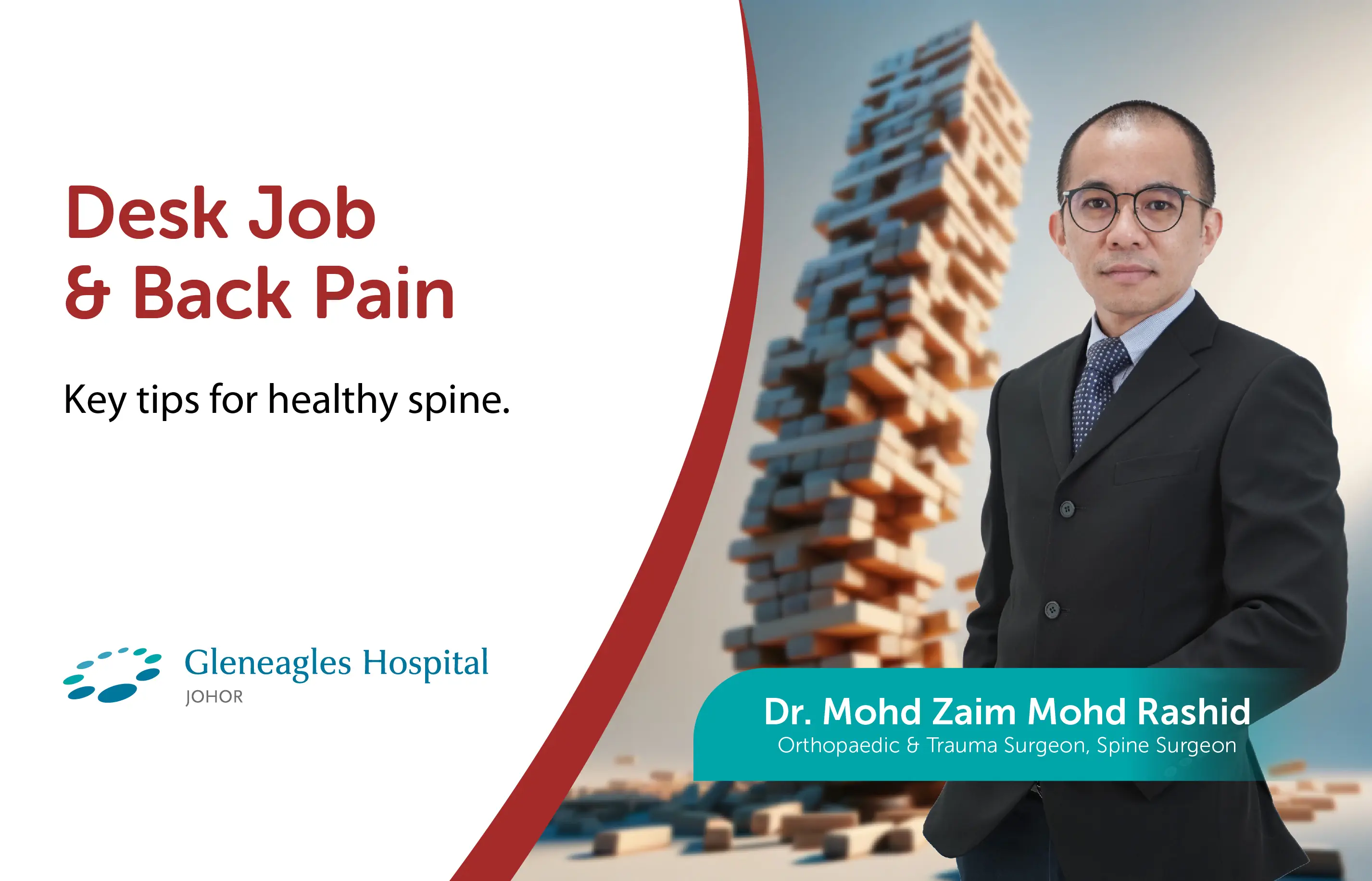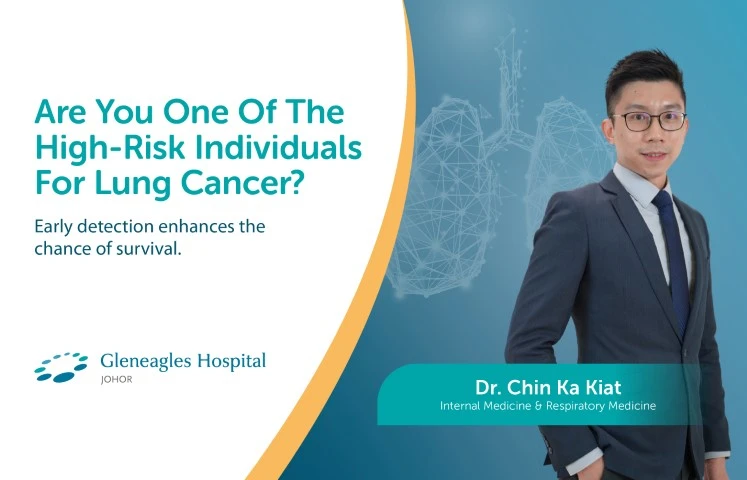Puff of Smoke, Countless ConsequencesDr. Chin Ka Kiat, Consultant Respiratory Physician at Gleneagles Hospital Johor, discusses the far-reaching consequences of smoking on the respiratory system. He outlines the wide spectrum of diseases that smoking triggers, the progressive damage it causes over time, and the undeniable link between smoking and lung cancer. Dr. Chin also provides essential guidance for individuals who wish to quit smoking, highlighting the substantial health benefits of doing so.
"Smoking wreaks havoc on the respiratory system, causing severe and often irreversible damage," says Dr. Chin Ka Kiat. "From the onset of chronic bronchitis to the development of life-threatening conditions like lung cancer, the impact of smoking is profound and often permanent." His insights emphasize the critical importance of smoking cessation for anyone looking to safeguard their respiratory health.
Diseases Linked to Smoking 1
Dr. Chin explains that smoking is directly linked to numerous respiratory diseases. The most common among these are:
- Chronic Obstructive Pulmonary Disease (COPD)
- Emphysema
- Chronic Bronchitis
- Lung Cancer
- Exacerbation of Asthma
- Pulmonary Fibrosis
- Cardiovascular Diseases
- Strokes
- Various Cancers Beyond the Lungs
Effects of Smoking
Short-Term Effects: In the short term, Dr. Chin notes that smoking causes immediate irritation to the respiratory tract. Smokers often experience coughing, shortness of breath, and a decrease in lung function. The harmful chemicals in cigarettes start damaging the airways and alveoli—the tiny air sacs in the lungs—almost immediately.
Long term Effects: Over time, the damage becomes more pronounced. Chronic bronchitis and emphysema may develop as the airways become inflamed and the alveoli are destroyed. Smokers may also suffer from respiratory infections such as pneumonia or tuberculosis as their immune system is compromised. Dr. Chin emphasizes that these conditions not only reduce quality of life but can also lead to severe disability.
Dr. Chin explains that persistent smoking leads to irreversible lung damage, manifesting as COPD and lung cancer. Lung tissue is destroyed, and the body’s ability to repair it diminishes over time, making these conditions progressive and often fatal. Lung cancer is one of the deadliest outcomes, with a high mortality rate.
Smoking as the Main Cause of Lung Cancer
- Carcinogenic Substances in Tobacco Smoke:
- These chemicals damage the DNA and cause genetic mutations in the cells.
- The mutations accumulate over time, leading to the growth of abnormal cells and tumor formation.
- Increased Risk with Continued Smoking:
- The longer a person smokes, the greater the exposure to carcinogens and the higher the risk of lung cancer. According to CDC, smoking increases the risk of men developing lung cancer by 25 times.
- Even second-hand smoke can increase the risk of lung cancer for non-smokers.
Tips for Quitting Smoking
Dr. Chin strongly advocates for quitting smoking as the best decision a smoker can make for their health. He offers practical advice for those looking to quit:
- Seek Support: Joining a support group or counselling can provide the motivation and guidance needed to quit smoking.
- Nicotine Replacement Therapy: Using patches, gum, or lozenges can help to reduce the cravings.
- Avoid Triggers: Stay away from situations or environments that tempt you to smoke.
- Stay Active: Physical activity can help manage stress and reduce the urge to smoke.
Health Benefits of Quitting 2: Dr. Chin reassures that the body begins to heal almost immediately after quitting. Within just a few weeks, lung function improves, and the risk of heart disease begins to decline. Over time, the risk of developing lung cancer, COPD, and other smoking-related diseases decreases significantly. He concludes that quitting smoking not only extends life expectancy but also dramatically improves the quality of life.
References:
1. Centres for Disease Control and Prevention (CDC)
2. World Health Organization. https://www.who.int/news-room/questions-and-answers/item/tobacco-health-benefits-of-smoking-cessation
.webp?sfvrsn=257e81ef_7)

.webp?sfvrsn=cac9ca10_7)






9dfb022d-396d-4a77-a105-792b46a8c9df.png?sfvrsn=6f8e50ab_7)




